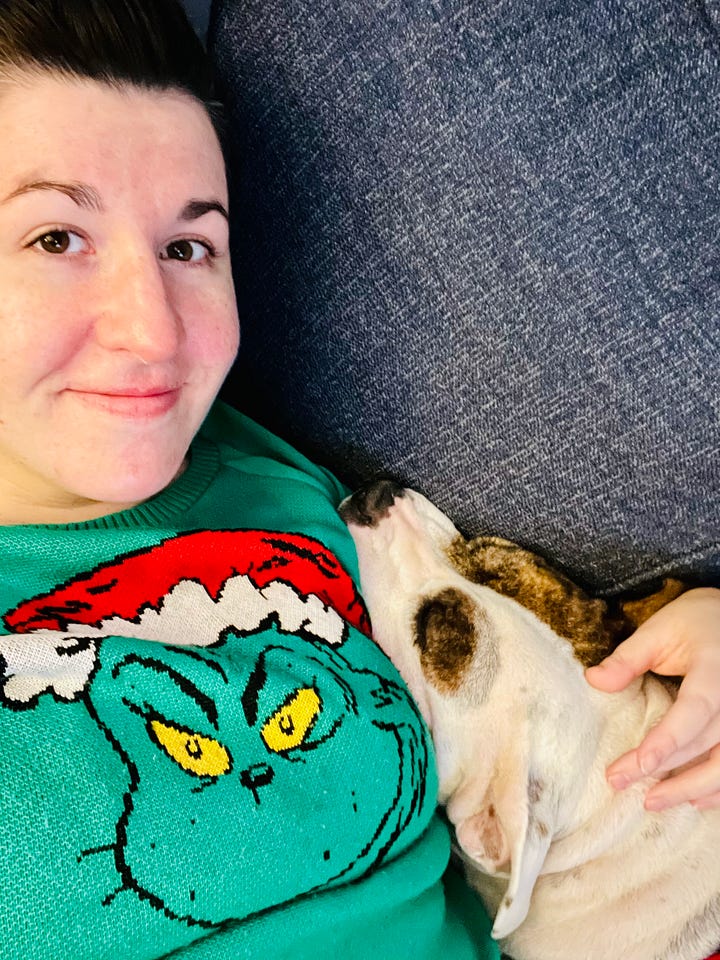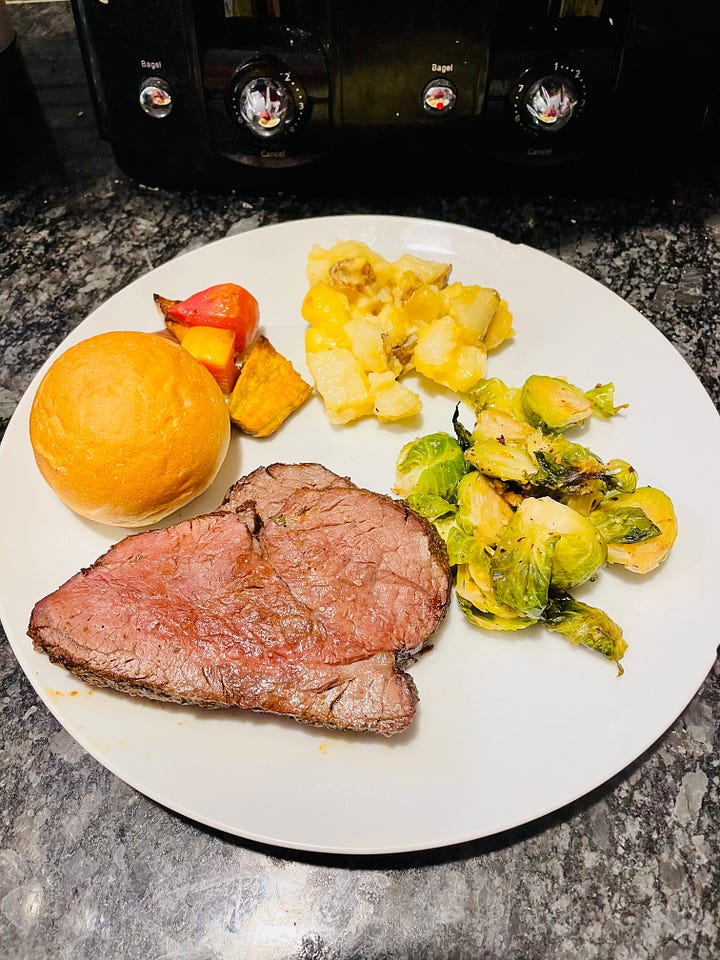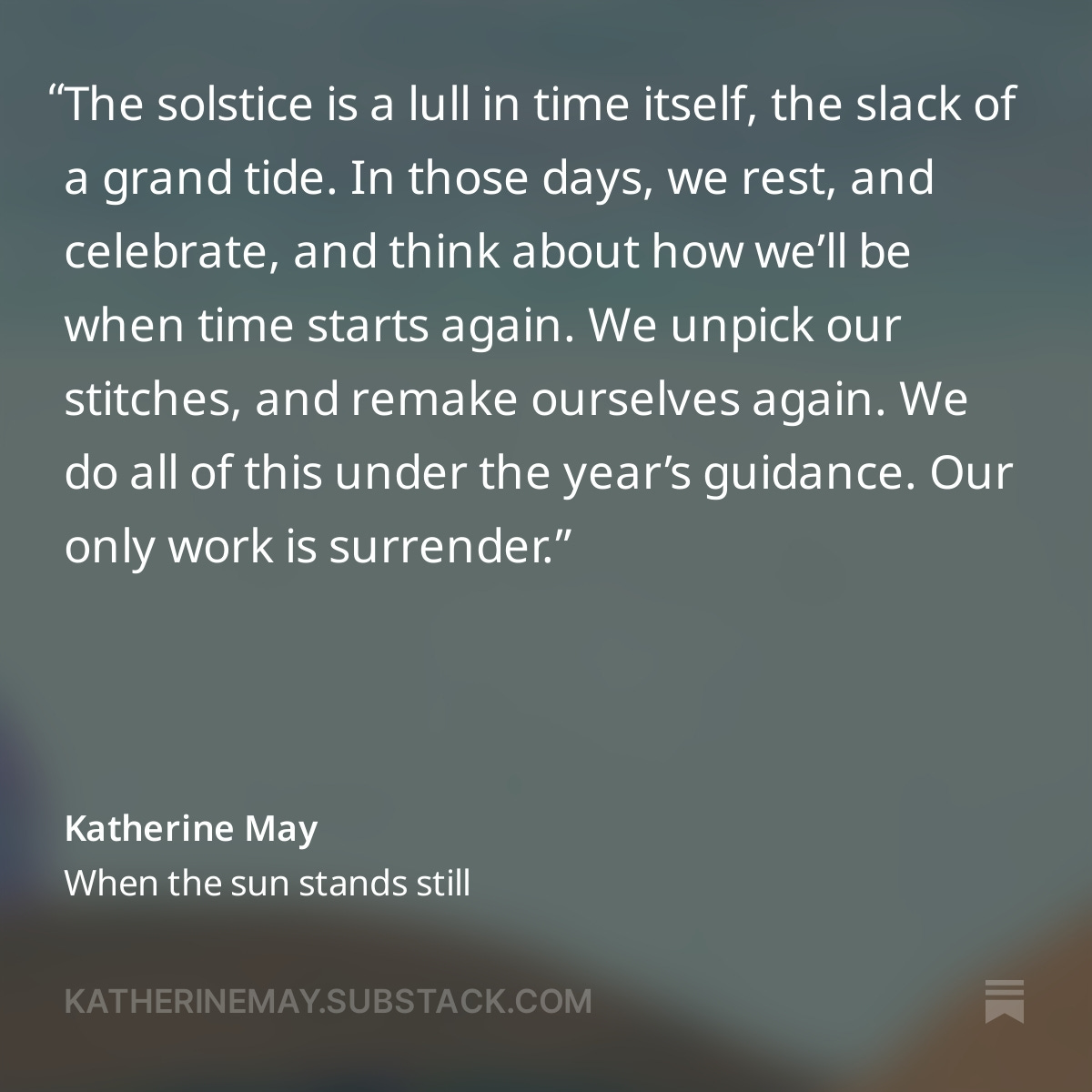How to Pause for a Winter Solstice Reflection
recognizing the importance of rest and introspection this season
Welcome! I’m Dr. Jillian, a physician leader, mom, and coach who is on a mission to help other high achieving professionals and recovering perfectionists live less stressed, more satisfying lives. If the full post doesn’t show up in your e-mail, come over to the webpage or Substack App to see the whole thing. Subscribe here to get future posts straight to your inbox:
Tomorrow marks the Winter Solstice in the Northern Hemisphere and the darkest day of the year due to the short number of daylight hours. Where I live, that means just over 9 hours of daylight (6 fewer hours than on the Summer Solstice in June). In some places, the amount is even less (or none for months at a time!)
Why does this matter?
At one point in human history, the patterns of people’s lives revolved around the changing of the seasons. But not so much anymore.
Now, most of us plod on with our lives at whichever point in the year we find ourselves (even if we grumble more about it when we leave for work in the dark and come home in the dark).
In the modern Western world, there is basically no mention of the changing of the seasons. In medicine, we don’t really talk about it unless you are discussing who gets which holiday off.
But, in spite of this, we know that daylight is essential to our wellbeing. Through its effect on our circadian rhythm, it impacts our sleep quality, energy and alertness, mood, and cognitive performance. Also, at this time of year, people are more likely to experience mood disorders than in other times of the year.
And yet, we continue to participate in the delusion that we are somehow separate from the natural world and the natural processes happening in our own bodies.
This prevents us from getting the rest that we truly need during this time of year. It used to prevent me, too. And it definitely contributed to my burnout.
But, over the past few years, I’ve been paying more attention to the seasons and their effect on my physical and mental health. This is what inspired my recent post on Winter wellness:
Much of the time, we high achievers (physicians especially) act like we do not have bodies at all. Instead, as
has written and spoken about, we treat our bodies as accessories that are useful for carrying our brains around.In Maggie’s case, she says: “I have long treated my body like a plant stand for my head. It's the thing that I know is necessary, but I'm a brain that floats around on this body, and I tend to neglect it and not give it too much thought unless it's misbehaving.”
A few winters ago, when I was early in my pregnancy, I was forced to confront the reality of having a body (which was most definitely misbehaving): all-day sickness, fatigue, hormonal changes, and a slowly evolving physical shape.


During that time, I was forced to slow down out of necessity. I could not do much of anything other than lay on the couch.
Fortunately, I had plenty of books to read, including Katherine May’s Wintering which I devoured in a few short days. Though our experiences were quite different, I saw my current reality reflected in the pages I was reading.
Her writing about the value of a fallow period, about the importance of inward reflection, and about the role of community in weathering the dark times still feels profoundly resonant.

“How does all of this relate to the Solstice?” you may be asking.
Since that time a few years ago, I’ve felt the need to mark the turn of daylight hours that happens around the solstice. My body signals the need to slow down, and my brain signals the need to reflect.
In her writing, May reminds us that solstice itself is not meant to evoke a single day but rather a period of time in which the world seems to pause. It’s not a quick pivot, she writes, but a plateau and then a turn.
If we let it, this time of year can be a time to pause and reflect on the year that has gone by and the one ahead. I’ll be doing just that on part of my two-week break (which starts in just 9 days!).
If you’re looking to do the same, here are a few resources that you may find helpful:
All Women Co UK’s solstice reflection pack (free!)
Susannah Conway’s 'Unravel Your Year’ and ‘Find Your Word’ 2025 Guide (free!)
Beth Kempton’s Winter Writing Sanctuary (free!) writing course
YearCompass: The booklet that helps close your year and plan the next one (free!).
Being Well Podcast: How to Become a NEW Person (this title is a bit of a joke on the part of the hosts. It’s a great episode!)
Looking for more? You can find some other great resources in the posts linked in my winter wellness post:
Caring for Yourself During the Winter
Welcome! I’m Dr. Jillian, a physician leader, mom, and coach who is on a mission to help other high achieving professionals and recovering perfectionists live less stressed, more satisfying lives. Today’s post is about how to take care of yourself during the winter months.
How are you creating space to reflect this winter?
I’d love to hear in the comments.







Hey Jillian, will you come on my podcast next year? I love every word you write on here and I'd LOVE to dive deep into juicy convo with you and share it so others can enjoy the juiciness too xx
We definitely like to pretend that we should be 100% on all the time. I've only recently learned as well that it's just not like that. Everything in nature has a period where things are calmer and quieter, why shouldn't we...